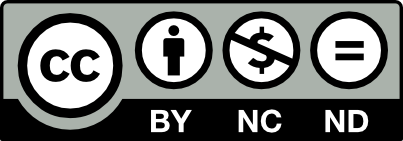The influences of the inter-generational and trans-generational
Analysis of narrative and generational history of Balzac
DOI:
https://doi.org/10.23823/jps.v7i1.111Abstract
The study analyzes psychological development, through the concepts of transmitting, handing down and transgressing, re-reading the narrative of generational history in a clinical key. Transmitting inheritance, status and family assets, handing down values, myths, symbols, family rules is the task of previous generations. Learning and reworking - transgressing - the contents transmitted and handed down is that of the following generations in order to build their own identity to be made available for all the generations to come. Starting from the hypothesis that the family history takes place on a plot that each of the participants undertakes to narrate, to which each member tends to conform or to transgress, the family history of Balzac and the influences on his work. If a narrative is written in mythological history, individual behaviours, which could become unacceptable or dangerous to generational history, find a superstructural justification. The narration mitigates individual responsibilities as it refers to events, often supernatural, which are beyond the control and intentionality of individuals. Furthermore, it serves to locate and metabolize the unresolved issues of loss, separation, abandonment, individuation, nurturing, and deprivation.
Downloads
Downloads
Published
Versions
- 2023-05-23 (3)
- 2023-05-23 (2)
- 2023-05-22 (1)
Conference Proceedings Volume
Section
License
Copyright (c) 2023 Mariano Indelicato

This work is licensed under a Creative Commons Attribution-NonCommercial-NoDerivatives 4.0 International License.
Authors who publish in this journal agree to the following:
- Authors retain the rights to their work and give to the journal right of first publication of the work simultaneously licensed under a Creative Commons License - Attribution that allows others to share the work indicating the authorship and the first publication of this journal.
- Authors can accept other non-exclusive licensing agreements for the distribution of the published version of the work (eg. Deposit it in an institutional repository or publish it in a monograph), provided to indicate that the document was first published in this journal.
- Authors can spread their work online (eg. In institutional repositories or on their website) before and during the submission process, because it can lead to productive exchanges and increase the work published citations (See The Effect of Open Access) .









